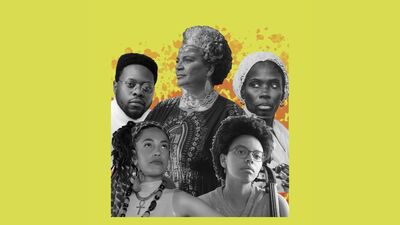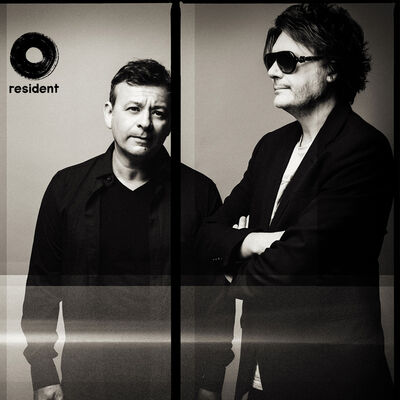
Kate Tempest
By the time Kate Tempest begins The Book of Traps and Lessons, the song has already moved on. I came to, she says, meaning homegirl was out of it, lost for a bit, hung up and hung over and by the time she wakes up, catches up, comes back to life, life has moved on. Certainly, the person she thought was right there has moved on, and even in a moment of brief capture, where she falls into a most tender trap, she is out of reach. Together they drift apart. Tempest is surrounded by friends, but something is missing. They are not really friends, but people who remind us of adulting’s first big mistake: confusing friendship with companions in misery. Or companions in drunkenness. All that’s left is her battle born voice and a sad piano, both of which vanish before the song even ends, an unholy cutting off, as if the song was instantly severed from whatever was giving it voice. It’s a stunning change for such a fire-breathing poet. A disturbing quiet space for somebody usually at the forefront of bold sound. Not that she’s quenched her fire or anything, but that now Tempest sounds as if rising up from depths instead of blazing across sky.
The trouble with battle born is that you get battle weary. ‘I hope that I live’, she says at one point, ‘but I’m not sure this is life’. That plus the sparse music might give the feeling that all is lost. And yet the album radiates hope. It’s funny how many poems labelled incendiary never generate actual warmth. But The Book of Traps and Lessons, with its beat-less minor keys pushes forth Tempest’s stubborn faith in humanity with crystal clarity. A new relationship is still a moment of breathless glee and wonder; listening to her hips and pushing kisses to her lips. A lesson not learned still leaves us the opportunity to learn again. Our planet is out of time, but the fire will cleanse and restore us.



